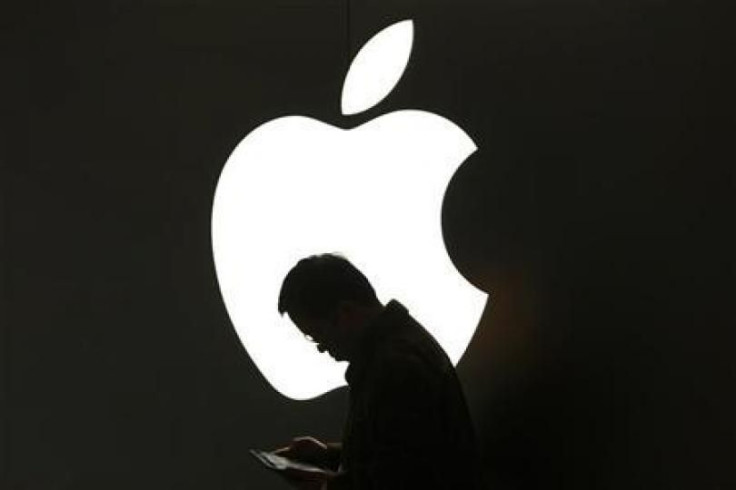Apple Pulls China VPN Apps, Users Face 'Great Firewall' Of Censorship

Chinese users who want to avoid the country’s infamous “Great Firewall” now have fewer ways to get by the censorship technology. Apple has removed virtual private network applications (VPNs) from its app store for Chinese users.
Several VPN developers confirmed the news via social media. In a blog post, app developer ExpressVPN confirmed its app was pulled from China’s iOS app store and said it would continue to support efforts to bring a free internet to its users. The company, which is based in the British Virgin Islands, also posted a screenshot from an Apple email notifying the company of the takedown request.
While Apple’s decision is surprising and unfortunate, it does not change ExpressVPN’s commitment to keeping you securely and reliably connected. Our support team stands ready 24/7, including via live chat, to help any impacted users.
We’re disappointed in this development, as it represents the most drastic measure the Chinese government has taken to block the use of VPNs to date, and we are troubled to see Apple aiding China’s censorship efforts. ExpressVPN strongly condemns these measures, which threaten free speech and civil liberties.
Read: Chinese Government Now Requires Official Approval For VPN Use
Developer Star VPN confirmed it had received the same request from Apple via Twitter:
This is very dangerous precedent which can lead to same moves in countries like UAE etc. where government control access to internet.
— Star VPN (@star_vpn) July 29, 2017
VPNs are programs that allow users to reach the internet via a secondary connection and for Chinese users, these programs have been a major tool for working around the country’s internet limitations. But as TechCrunch noted, users with billing addresses outside of China can currently still access VPN apps in the Apple App Store.
The move is tied to the Chinese government’s January announcement that VPNs will need state approval in order to be allowed within the country. In a statement via NPR, Apple confirmed that it was following China’s requirements in taking down apps that violated the new policy.
"Earlier this year, China's [Ministry of Industry and Information Technology] announced that all developers offering VPNs must obtain a license from the government,” Apple said. “We have been required to remove some VPN apps in China that do not meet the new regulations. These apps remain available in all other markets where they do business.”
Read: WeChat Allegedly Censoring Photos As Demonstrators Targeted By Smartphone Spyware
For China, the update is the country’s latest hard move with internet censorship. In the policy’s initial rollout, Chinese officials said that the internet connection market was full of confusing options that required “urgent regulation and governance.” During Hong Kong’s 2014 pro-democracy protests, the Chinese government was also reportedly blocking images of protesters in the messaging app WeChat.
However, China has had to juggle these censorship policies with its enhanced profile as a major global hub. VPNs are a significant way for Chinese residents to communicate and keep in touch with others internationally, especially considering China’s blocking of of major websites like Twitter, Facebook and Google. The new VPN policy has also led to difficulties in unexpected areas, TechNode pointed out that a high-end Beijing hotel had to discontinue VPN services to its guests earlier this month.
As for Apple, the company’s willingness to follow the Chinese government’s new rules largely reflects its interests within the country. Earlier this month, Apple announced it would build a data center in southwest China as part of a $1 billion investment. According to the New York Times, the center was due to a new Chinese law that requires data for users to be locally stored within the country.
© Copyright IBTimes 2025. All rights reserved.



















